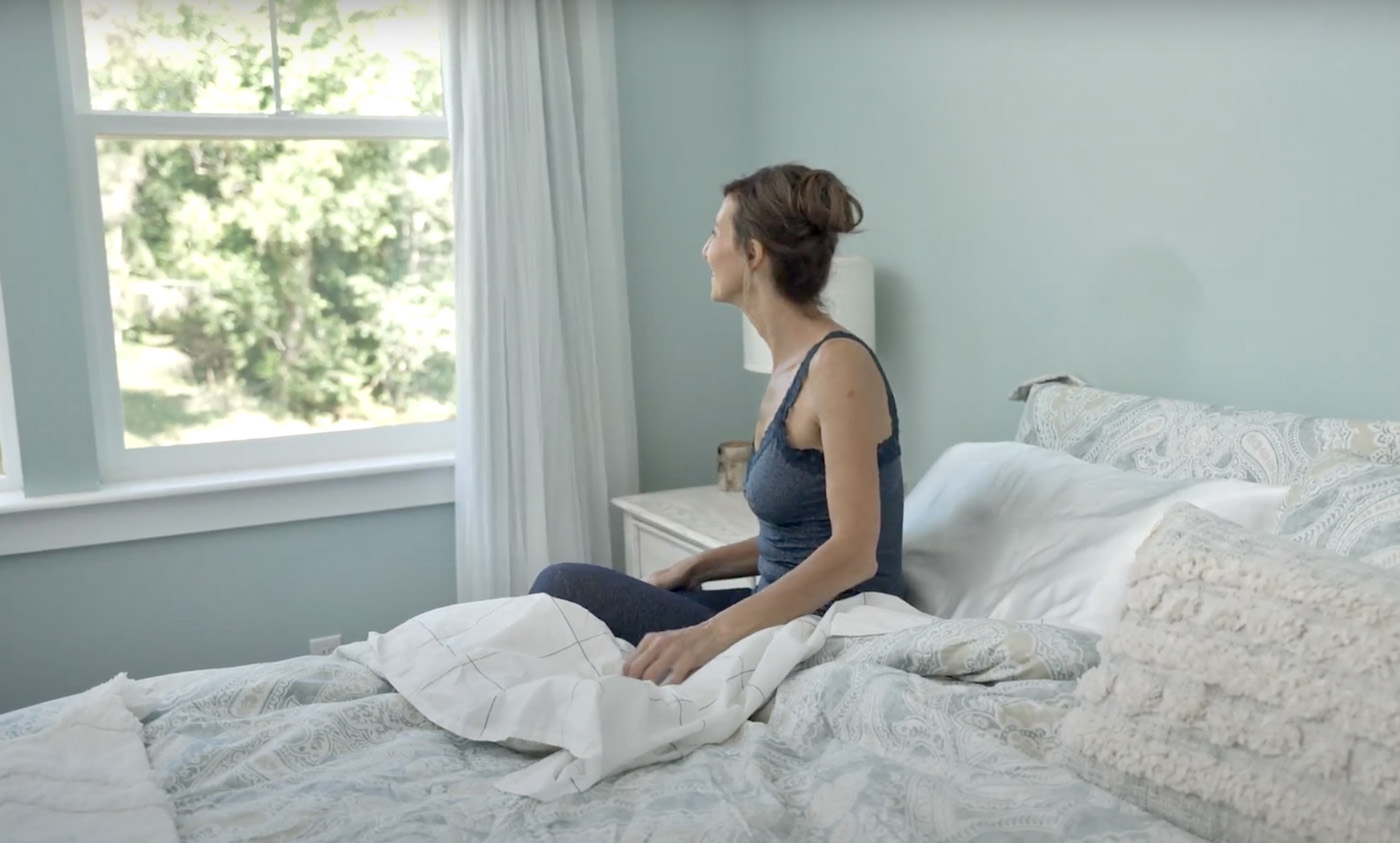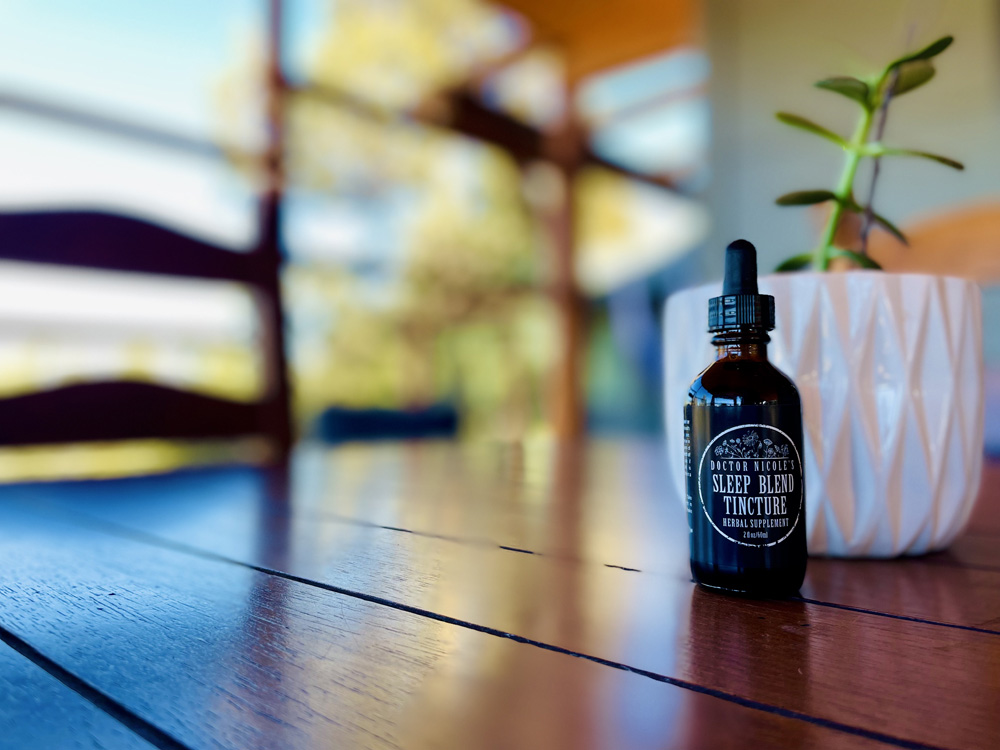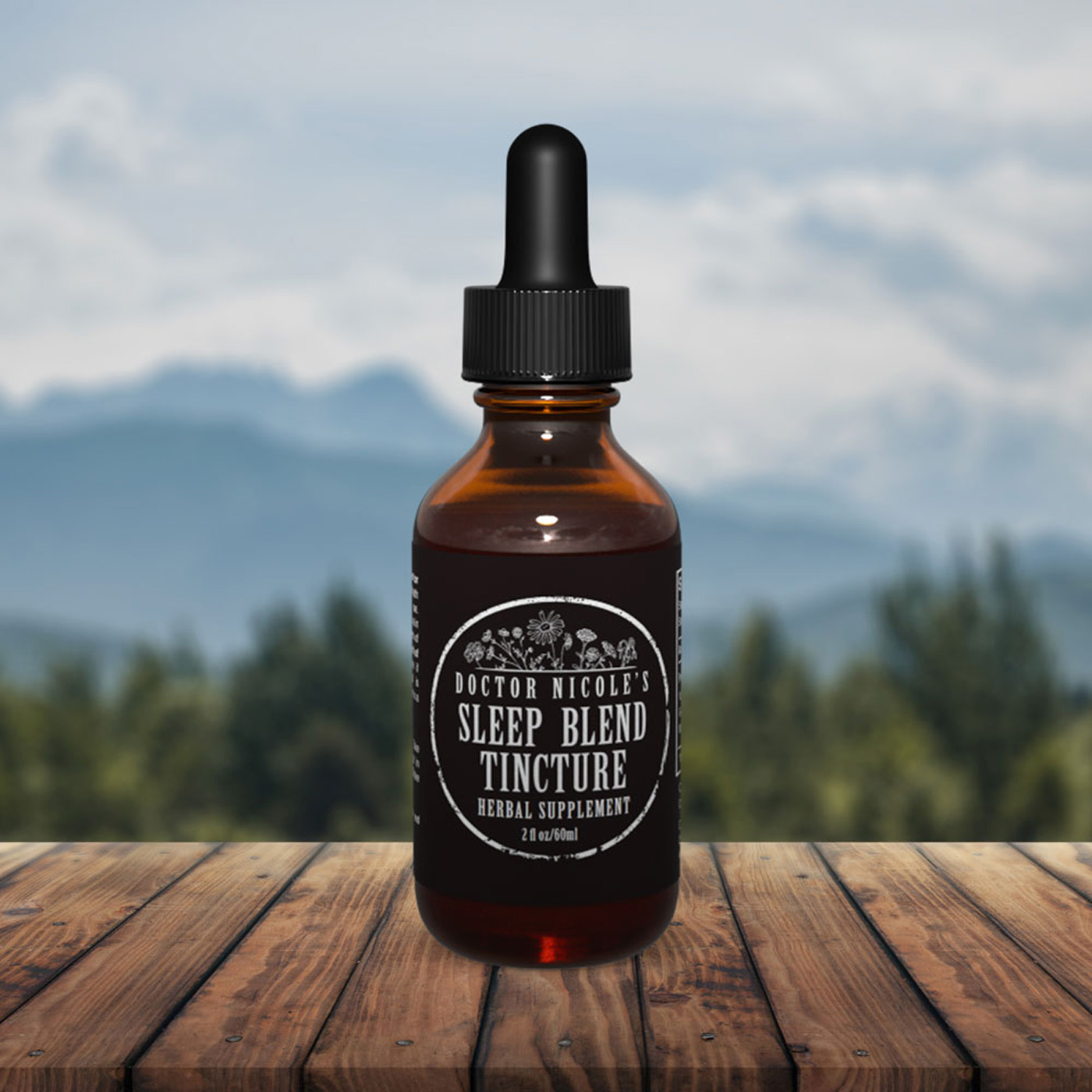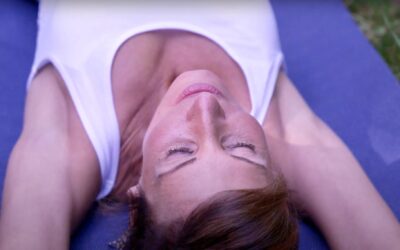It’s Time for Better Sleep
With the hustle and demands of modern life, finding creative ways to create a solid sleep routine is important now more than ever. When we aren’t receiving enough deep rest each night, every aspect of our lives is affected, from our mood and weight to overall health and clarity. Add to this periods of stress and anxiety, as well as the hormonal shifts of menopause, and it can seem as though a good night’s sleep is far out of reach. Be this as it may, a simple yet effective Japanese method called Kaizen may just be the answer to our sleep woes. Let’s dive in and have a look at how this unique approach can lead us to better sleep.
Kaizen 101
Considered a philosophical framework for transforming your life, the definition of Kaizen means “good change” or “change for the better”. By adopting this method, we can address any habits that may be standing in the way of our intentions, while also following through with new challenges. Kaizen encourages us to take small steps that move us towards achieving both short-term and long-term goals — and to acknowledge and celebrate these victories. It is an excellent method for switching out disruptive sleep habits for those that support deep, rejuvenating rest. Since it can take about two and a half months on average to change a habit,1 make sure to stick with your Kaizen routine for at least three months to lay a firm foundation for improved slumber.

Do This for Better Sleep
More times than not we find ourselves moving at a breakneck speed throughout the day and then discover it is difficult to settle down in the evening. Worries about work, family, finances, and upcoming events invade our thoughts, especially at night as we try to fall asleep. Often, we will turn to our devices or stream a movie in an attempt to calm our minds. But this only aggravates the issue and disrupts our sleep further. Instead, we can employ Kaizen and set small milestones each day with a long-term goal of getting at least seven hours of solid, quality rest every night. The key here is to start small with one habit you would like to change or adopt and once it is mastered, move onto a new challenge.
You may be wondering what old habits you should put away — and which habits you should adopt to encourage better sleep. Great question! Here are a few ideas to get you started.
Turn-off your devices. Since blue light from our devices disrupts our circadian rhythm, which causes poor sleep, it is important to put away your devices at least two hours before bedtime. It is not only the blue light that is problematic, but also the rapid-fire interaction with our devices that keeps our minds active — and awake. Trust me, reading the news, watching action films, or checking email from work late into the evening will only set your mind racing. Placing your devices (including the television) in another room is a helpful way to signal to your brain that this is a bedroom for sleep.
Keep an “off-load” journal. If you find your mind has a difficult time settling down in the evening by continuously spinning with the day’s events or what is to come, I’ve found that writing down everything in my head each evening helps to “off-load” and settle my mind. I also like to end with a sentence or two of gratitude for additional stress relief.
Avoid sleep-destroying foods. While most realize that drinking caffeinated beverages late in the afternoon or in the evening will cause restless sleep, many don’t make the same connection with alcohol. Research has shown that alcohol not only interferes with quality REM sleep, but it can cause insomnia symptoms as well.2 Spicy dishes, cruciferous vegetables (think: cabbage, broccoli, cauliflower, and bok choy), legumes, high-fat meals, and tomatoes also disrupt sleep — best to keep these for lunchtime.
Embrace warm lighting in the evening. Artificial lighting revolutionized our cities and homes, but at a cost to our sleep. As with blue light, exposure to artificial light in the evening essentially tells our brains that it is daytime and that we should be active and awake. One way we can avoid this without going to bed at sundown is to use light that is on the yellow-red spectrum to mimic sunsets. Some use lightbulbs that are tinted yellow, but I like the glow of candles in the evening as I find it the most soothing. Try it and see! You may be surprised at how quickly your sleep improves. You will also want to make sure your room is completely dark while sleeping — no streetlights streaming in your window, nightlights, alarm clock displays, or televisions left on. Invest in blackout curtains, try a sleep mask (I like the Manta sleep mask), cover that alarm clock, and avoid any other light sources in your room.
Herbal Solutions for Better Sleep
Beyond adopting the Kaizen method, herbal extracts are an excellent way to encourage deep, restful sleep. Because sleep issues are becoming increasingly common due to global warming, the stressors of modern life, and other factors, I developed a powerful Sleep Blend tincture that can help you to get to sleep faster and experience sound sleep longer.
It contains a potent formulation of valerian root, hops, chamomile, passion flower, and magnesium glycinate. This synergistic blend increases levels of the calming neurotransmitter gamma-aminobutyric acid (GABA), soothes stress and anxiety, relaxes the nervous system, and supports the production of the sleep hormone melatonin. I take 2 dropperfuls every night.
Visit the apothecary today to learn more about this unique formula that can help encourage better, more rejuvenating sleep!
Nicole Apelian
Nicole’s Apothecary Products in this Post
References
-
Gardner, B., Lally, P., & Wardle, J. (2012). Making health habitual: the psychology of ‘habit-formation’ and general practice. The British journal of general practice : the journal of the Royal College of General Practitioners, 62(605), 664–666. https://doi.org/10.3399/bjgp12X659466
-
Danielle Pacheco, Dr. Abhinav Singh, “Alcohol and Sleep”. Sleep Foundation, March 11, 2022. https://www.sleepfoundation.org/nutrition/alcohol-and-sleep






